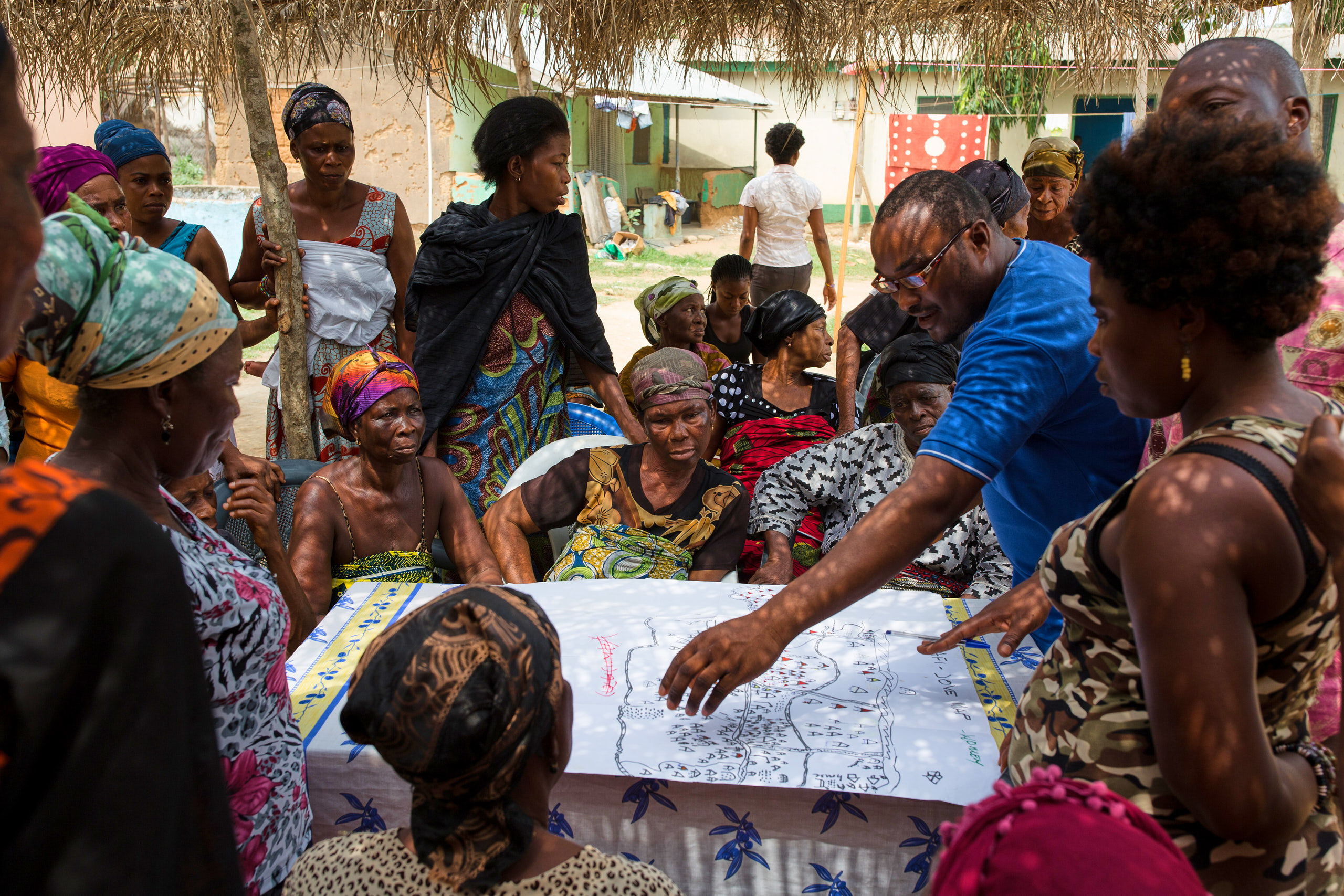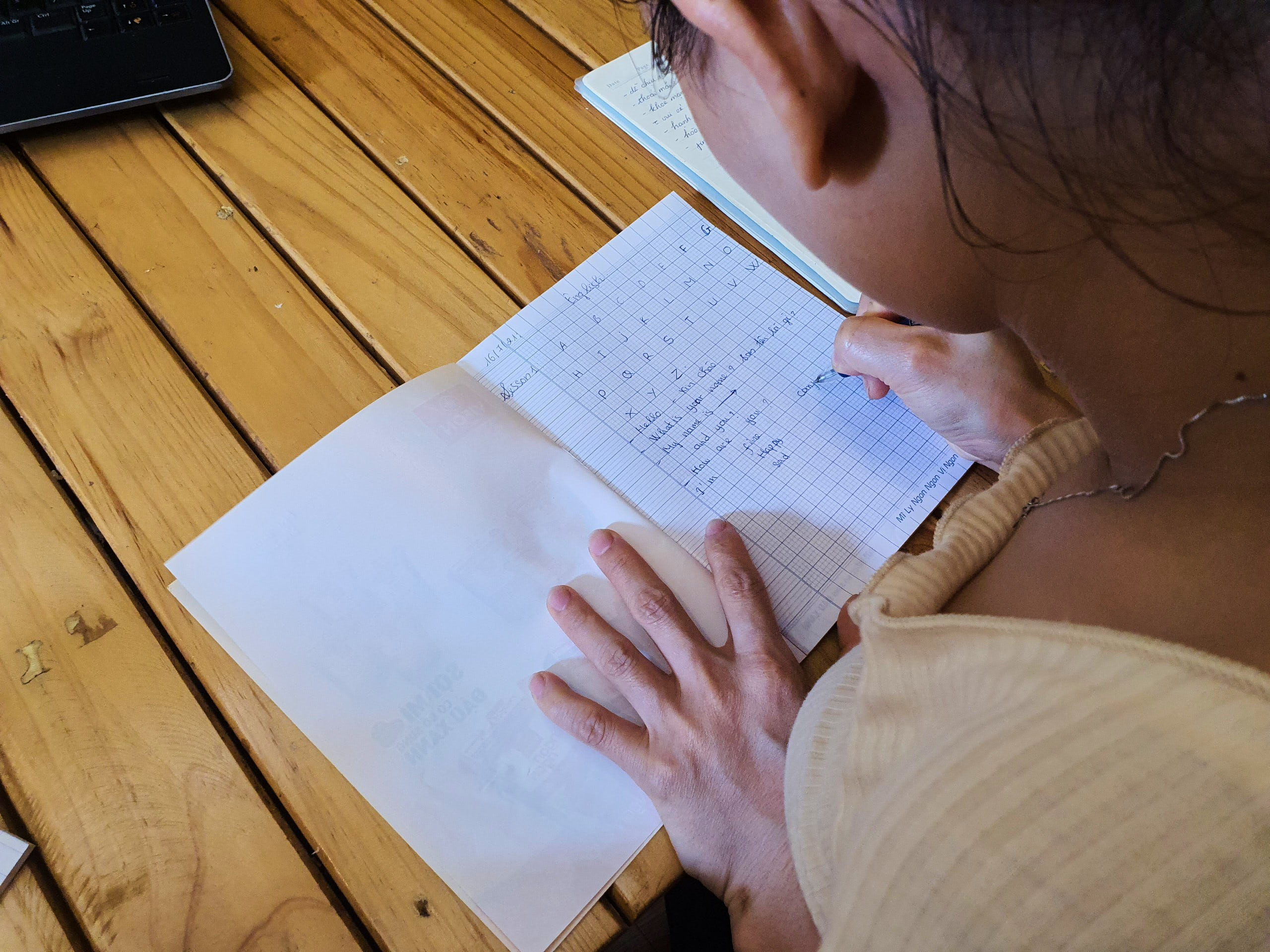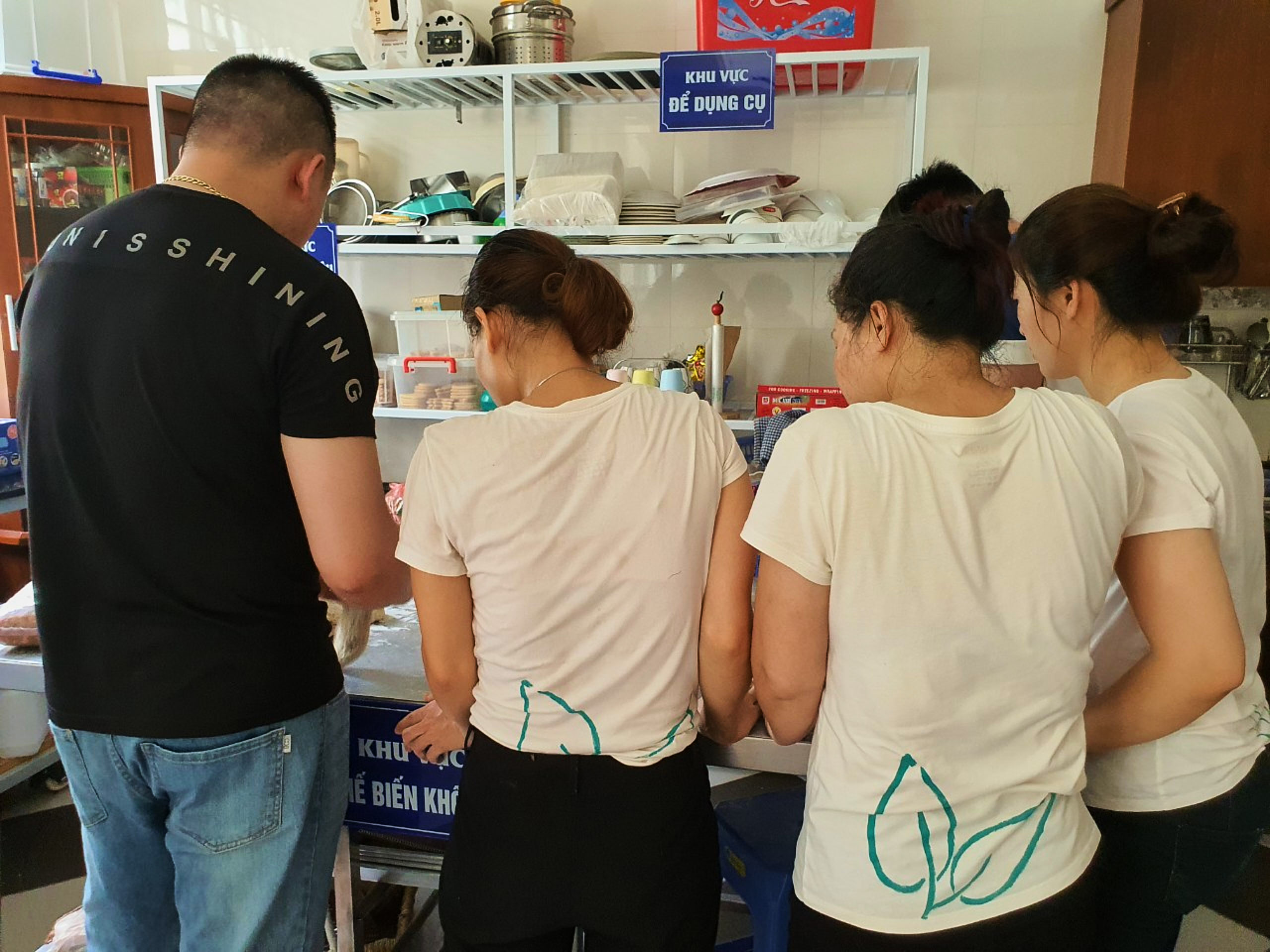Local Partnerships and Services
A key part of our strategy is ending slavery on a local level through local partnerships. Their deep understanding of local dynamics and community resources holds the key to delivering targeted, evidence-based interventions that free people trapped in slavery and eliminate the conditions that allow modern slavery to exist.
1. Local Partners Free People Trapped in Slavery
Community engagement lies at the heart of our mission to eradicate modern slavery. Our strategy for ending slavery revolves around forging local partnerships with government, civil society organizations and community groups. Collaborating closely with local organizations empowers communities to identify and report slavery. Our work with government and law enforcement ensures swift investigations and protection of survivors, accountability for perpetrators, and access to services for community members experiencing social, economic, or political exclusion. These partnerships focus on local action to dismantle the conditions that allow modern slavery to persist.
In Senegal, our approach to ending slavery through local partnerships has proven effective; we have successfully helped more than 97 women escape exploitation and return to their families and communities. For more details, read our blog posts Post 1 and Post 2.
Similarly, in Ghana, our local partnerships are making strides in eradicating child slavery on Lake Volta. Read more about this here.
2. Provide Trauma-Informed Care Locally
In collaboration with local civil society organizations, community members, law enforcement, and social service agencies, we build a robust, culturally sensitive network for survivor protection, care, and empowerment. These local partnerships are essential in offering trauma-informed care that is attuned to the unique needs and contexts of survivors.
Our dedicated local partners operate shelters and provide comprehensive services, including medical care, mental health support, vocational training, and educational opportunities. Their teams of counselors and social workers utilize trauma-informed approaches, equipped with the cultural knowledge that only local expertise can offer. This local-centric model ensures long-term recovery and empowerment for survivors, making our efforts in ending slavery more sustainable and impactful.
3. Local Partners Provide Training
Working closely with vocational training institutions, local civil society organizations, and community members, we develop customized training programs that are sensitive to the unique needs, aspirations, and cultural contexts of survivors. From acquiring a trade to honing entrepreneurial abilities or gaining specialized skills, our localized vocational training initiatives are designed to propel survivors toward economic independence.
Beyond skills training, our local partners are crucial in providing comprehensive reintegration services. These include psychosocial support, healthcare, legal aid, and education, all delivered with a deep understanding of the local community’s specific needs and cultural nuances. This holistic, locally-informed approach ensures that survivors not only gain vocational skills but also receive the emotional and social support necessary for successful reintegration and long-term recovery.
4. Mobilizing Communities through Local Partnerships
Community Vigilance Committees (CVCs)
Community Vigilance Committees (CVCs) are grassroots groups that tackle human trafficking and modern slavery in their local areas. While protective laws exist, their inconsistent enforcement due to factors like lack of funding and corruption necessitates community action. CVC members, educated in legal and human rights, unite to protect vulnerable individuals by advocating for lawful entitlements such as healthcare, education, and economic opportunities. Through active participation in CVCs, marginalized community members build resilience and the ability to resist traffickers, thereby empowering their community.
Migration Vigilance Committees (MVCs)
Migration Vigilance Committees (MVCs) support and monitor community members who intend to work abroad. They track overseas migrants from their local areas, regularly checking their well-being to mitigate risks associated with international labor migration. MVCs also facilitate safe migration through government support systems and provide actionable insights to authorities on the realities of unsafe migration. Comprising both community members and government stakeholders, MVCs aim to bridge the gap between local needs and official policies. Their work is a shared goal with Community Vigilance Committees (CVCs) to expand community involvement in safe migration practices.
Our migration work in India helped Junaid avoid forced labor in the Middle East – Learn More



